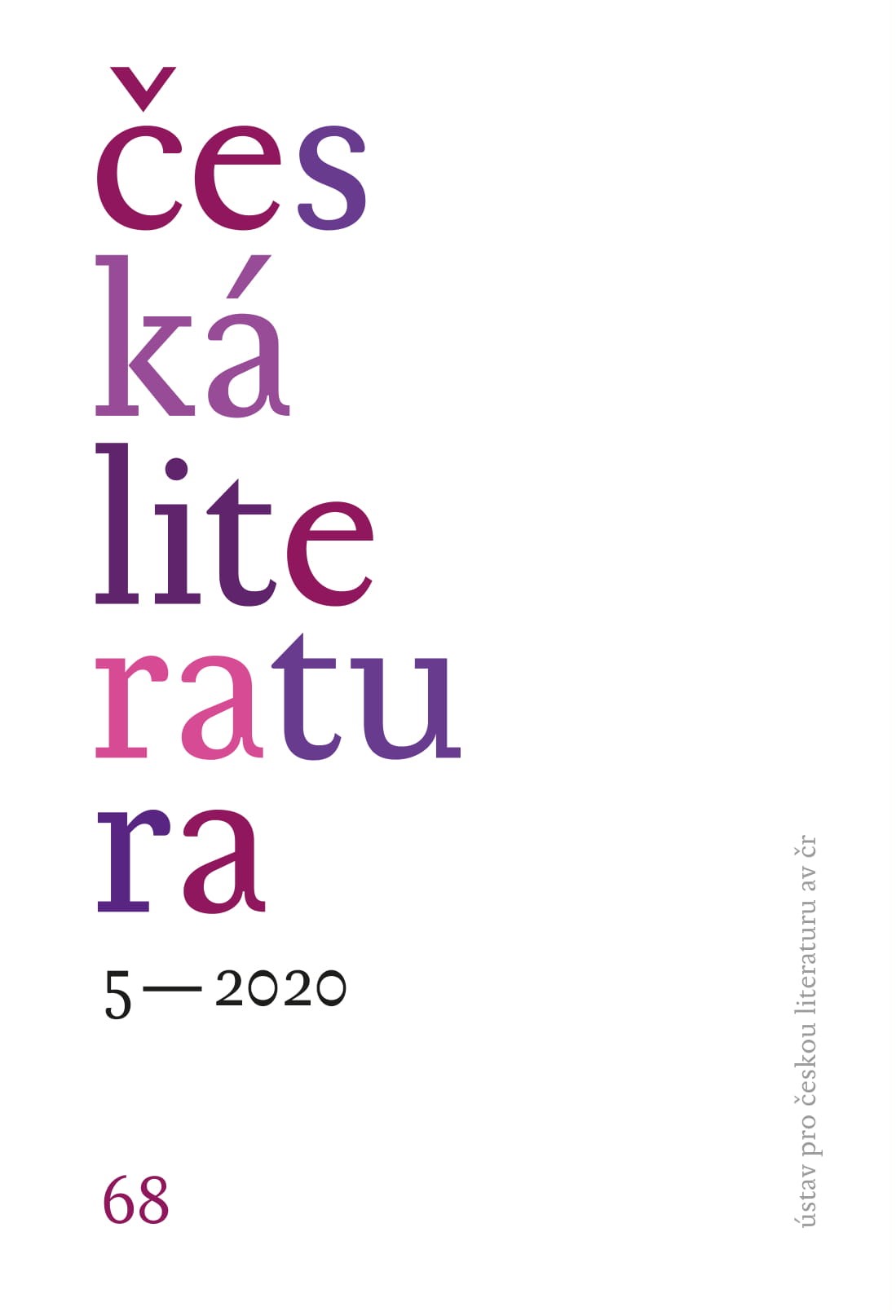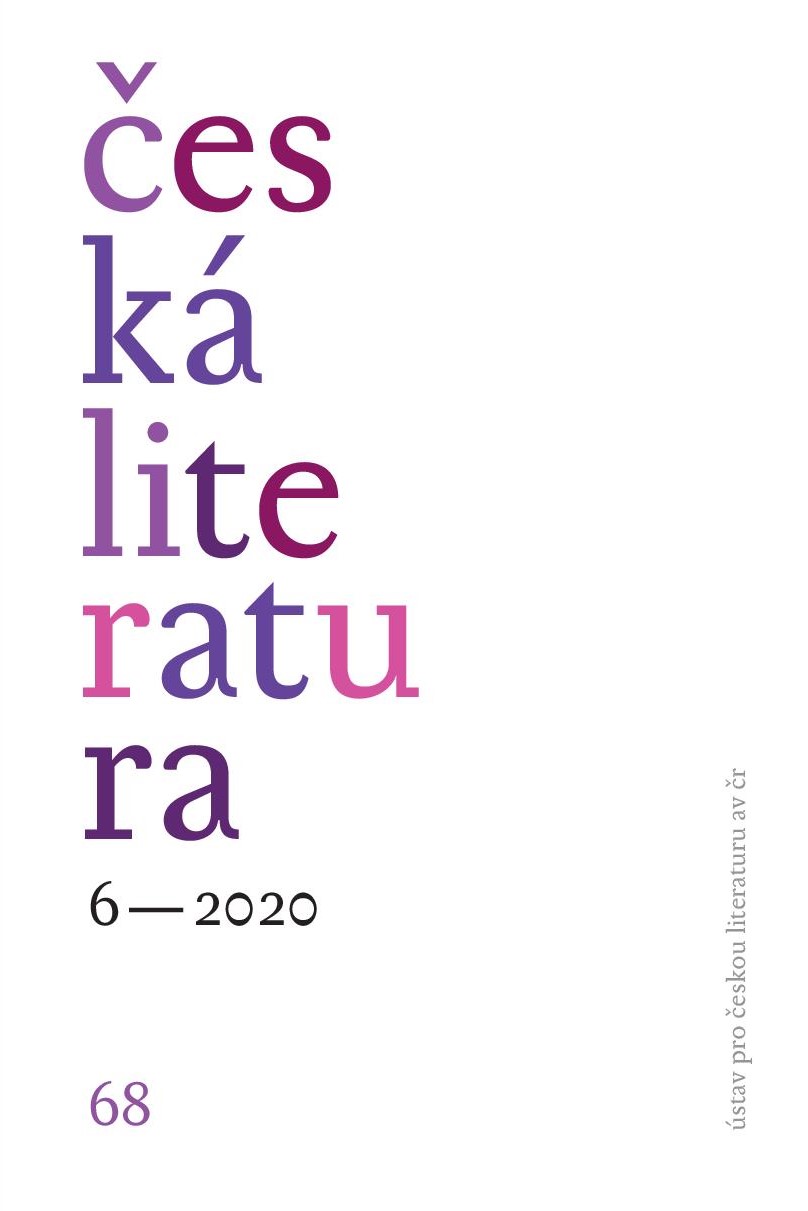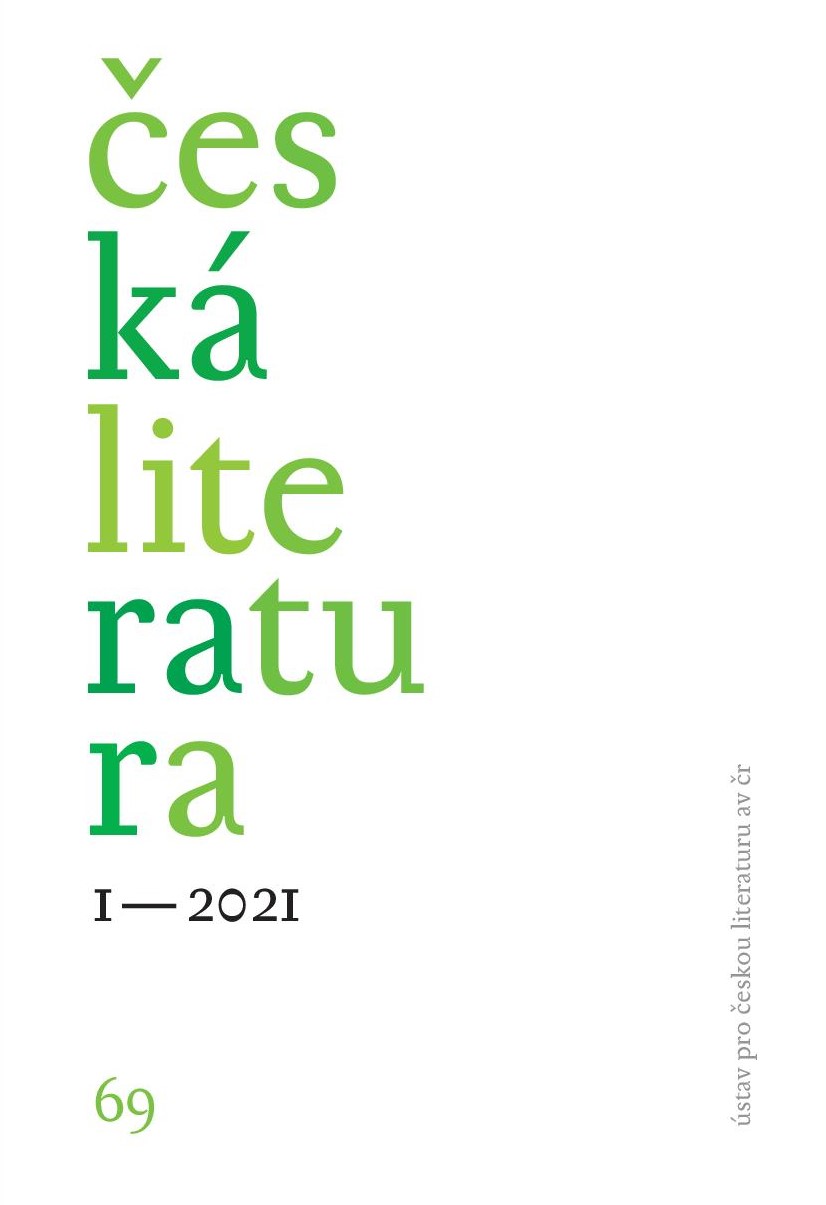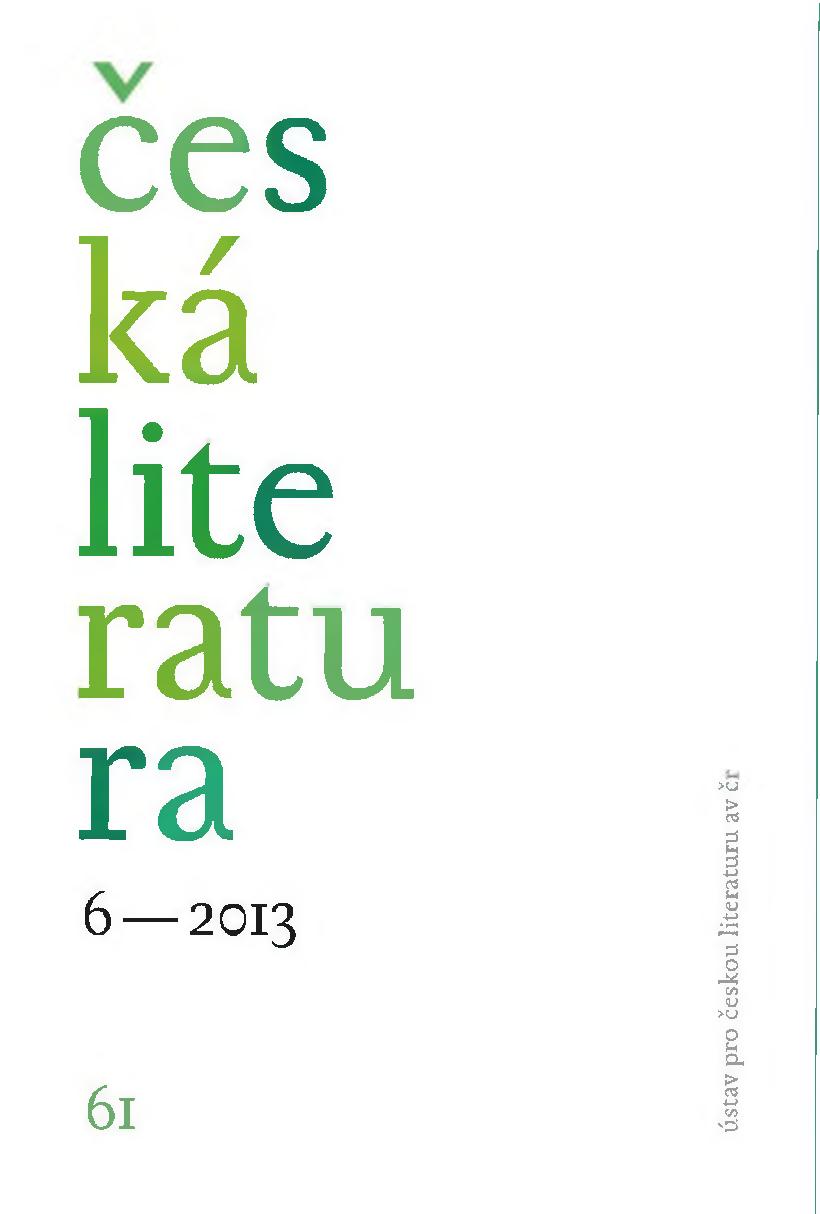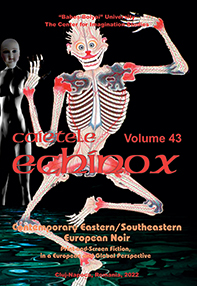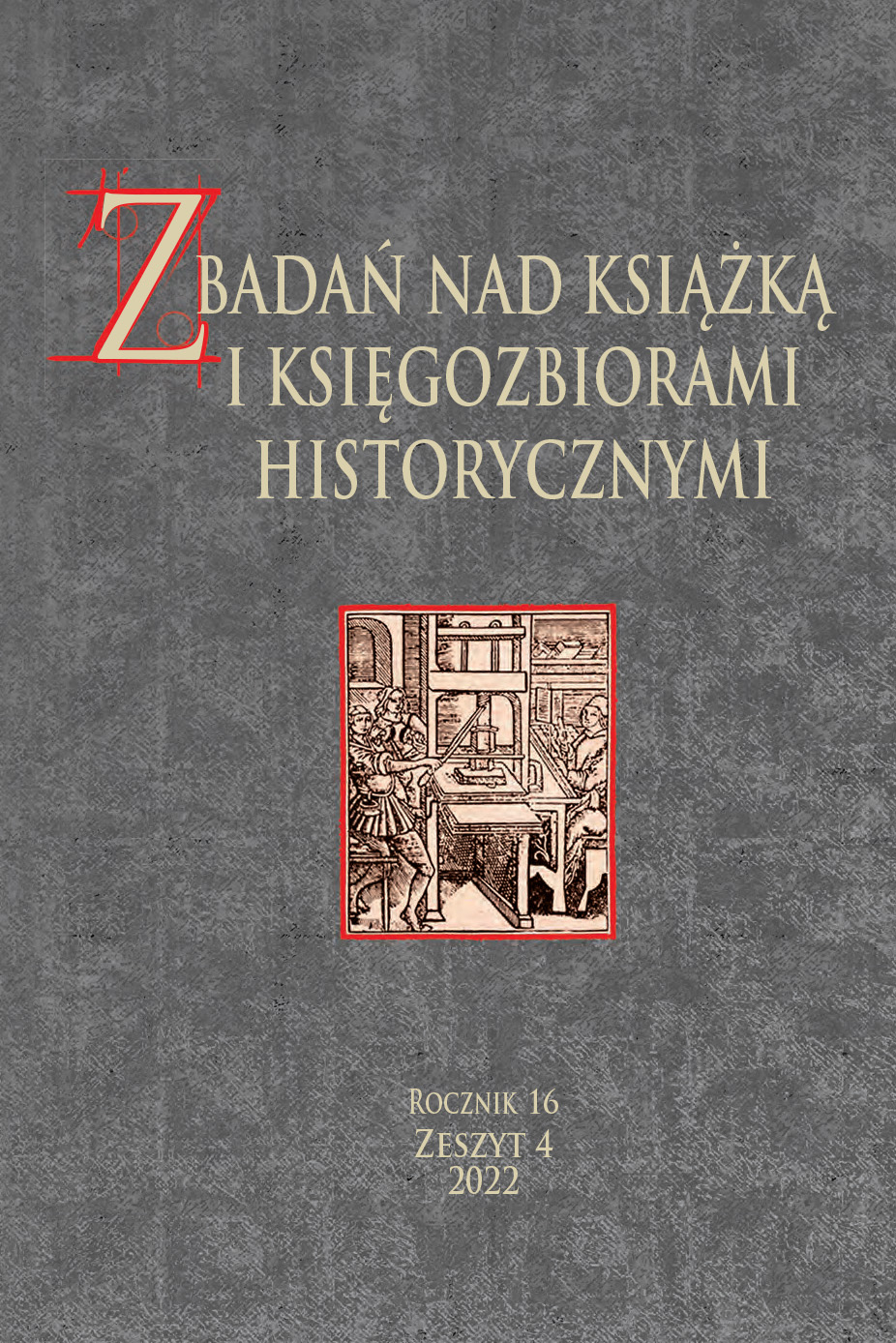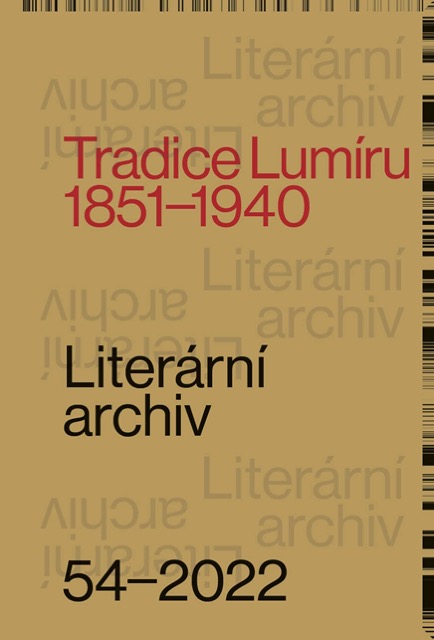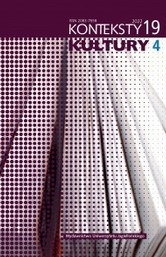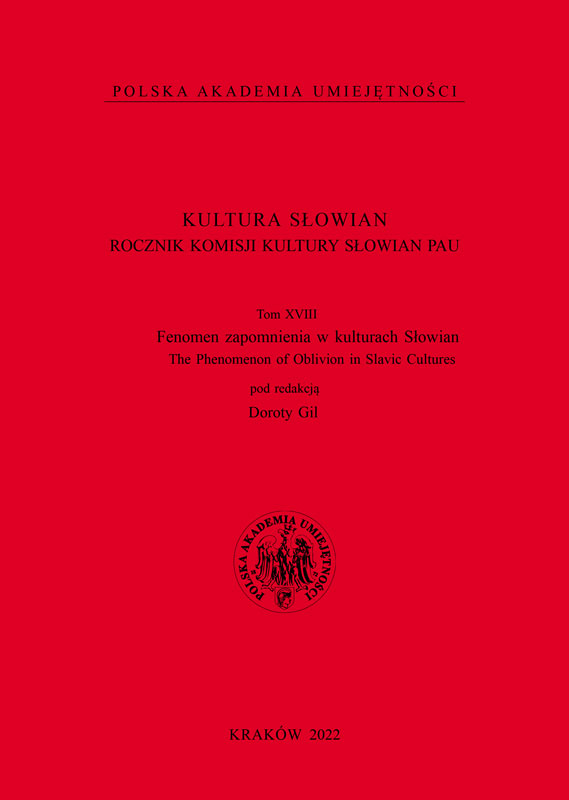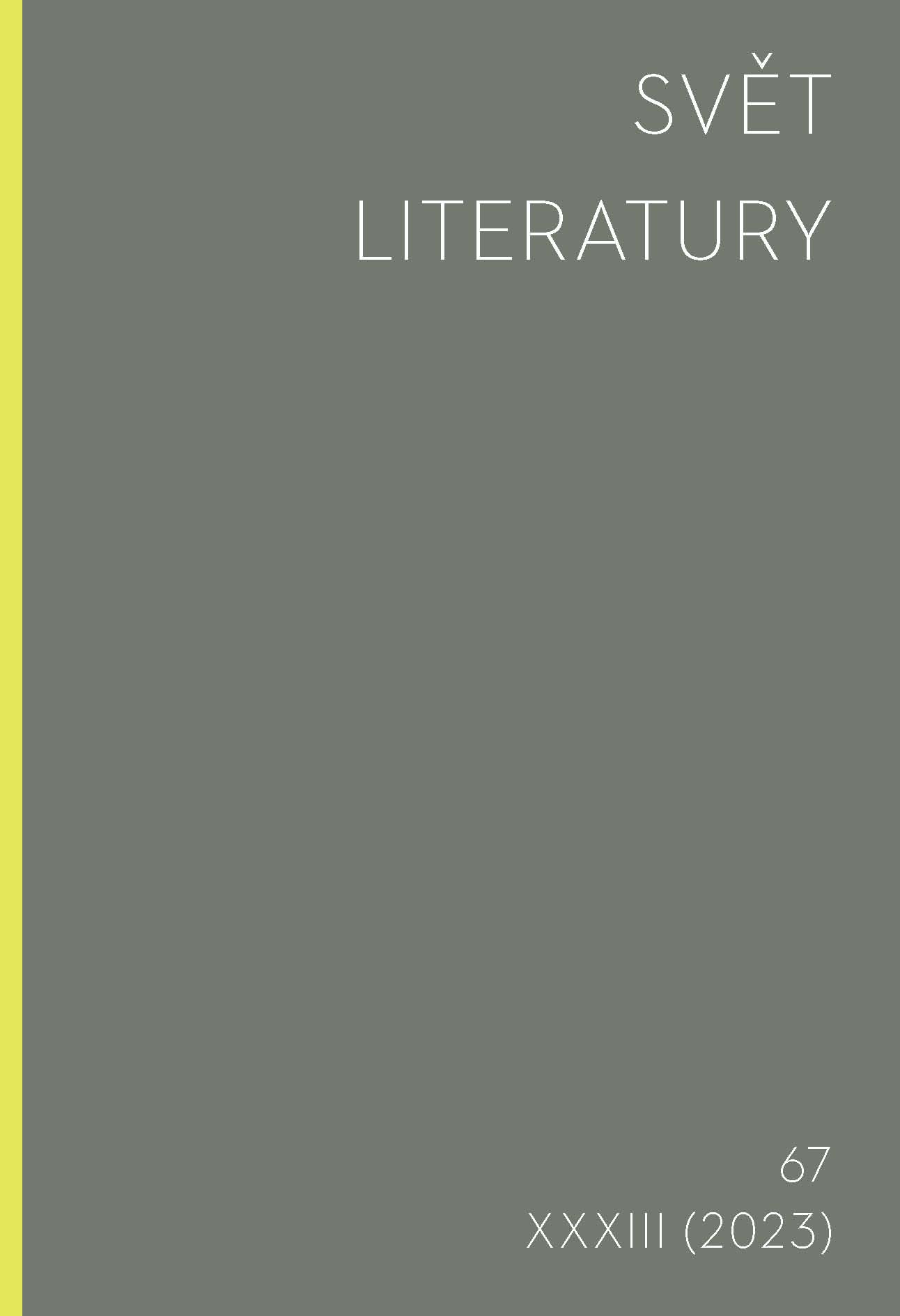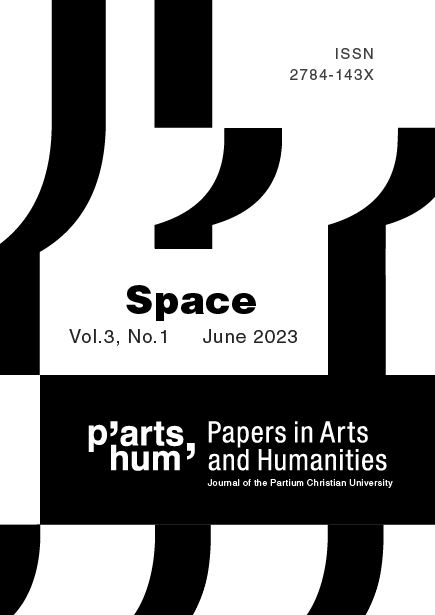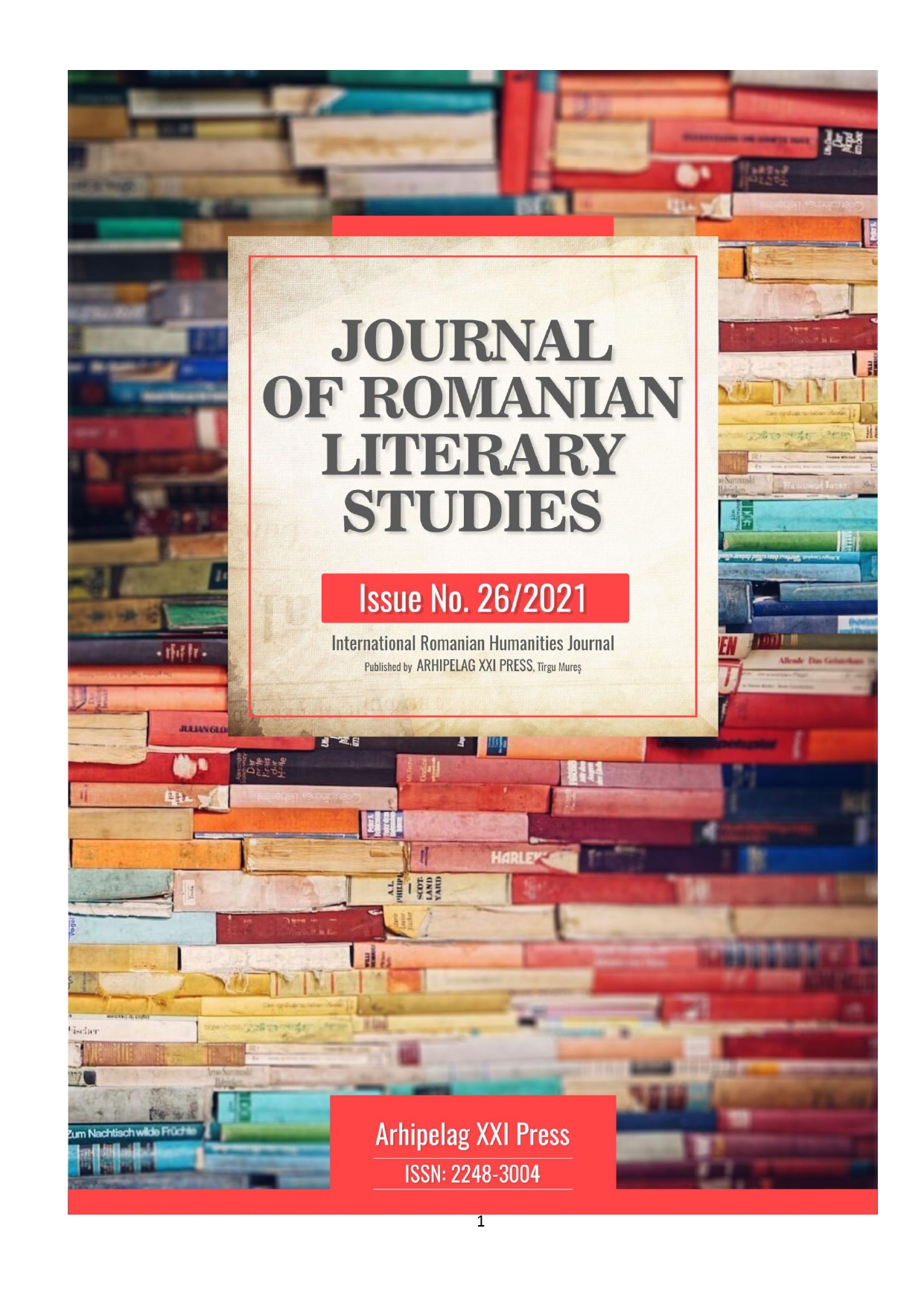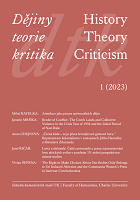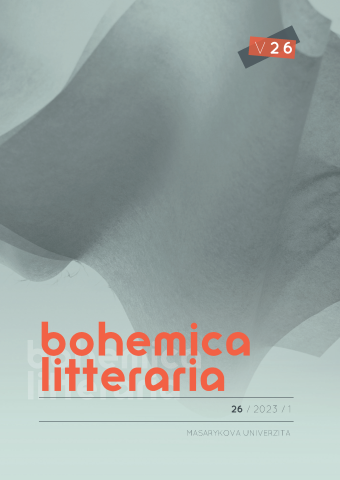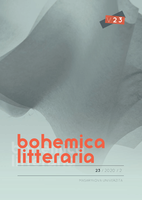
"New human possibilities" in Patočka's philosophy of literature
This article considers Patočka's phenomenological account of literature in "The Writer's Concern" to defend the idea that literary writing offers a distinctive philosophical contribution. In this text, Patočka gives the writer a special claim on the activity of world disclosure and suggests that literature may offer a glimpse out of the techno-scientific framework that dominates contemporary life. I examine both science and literature as modes of relating to the world, raising questions about the distinctiveness of each and their use of the written word. Finally, I locate the philosophical advantage of literary writing in Patočka's dual claims about literature: that it offers "an individual capturing of life's meaning" and that it presents "the world" as an "undivided" whole.
More...
